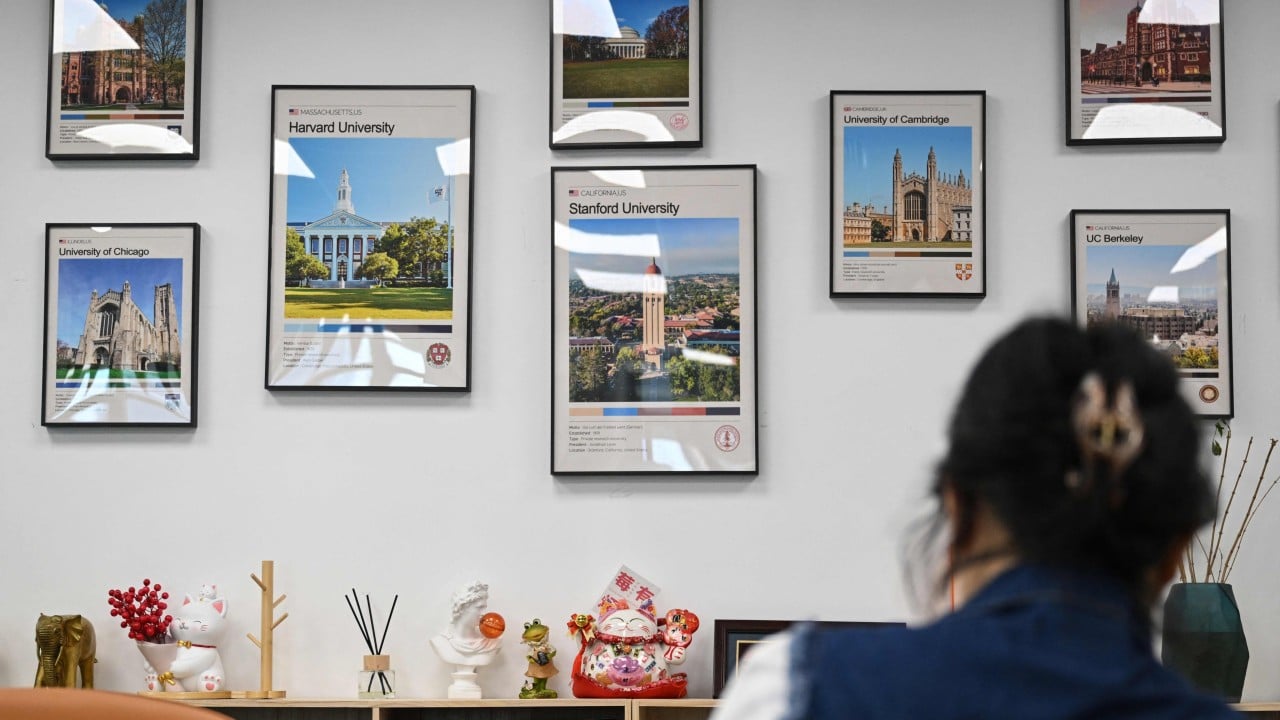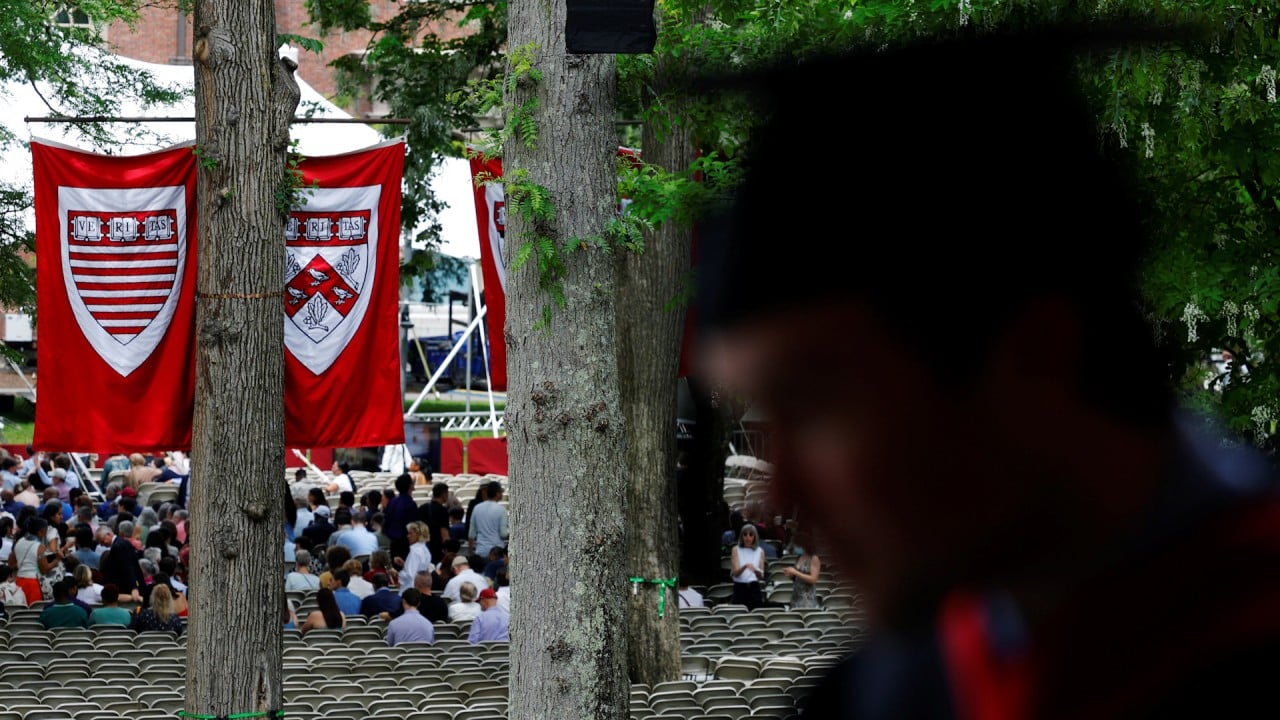It was an ordinary day. I was having lunch in the cafeteria at my college in the United States when a round of applause suddenly broke out. Before I realised what had happened, TVs were switched on and the news showed the local government announcing that same-sex marriage had been recognised in the state of Iowa. Students jumped on the table, cheering and waving rainbow flags.
Advertisement
It would have seemed strange to me only a few years earlier. In the autumn of 2006, when I first arrived in the US aged 17, I knew little about the outside world and my impression of the country was based on hit TV shows like Friends and Prison Break.
My college sought to prepare international students and reduce the culture shock after their arrival. We were asked to attend a week-long orientation, where we saw a play about sexual harassment, met a panel of LGBTQ campus activists and discussed self-governance.
They touched on topics I had never heard about. Some people know at a very young age that they are attracted to people of the same gender. Classmates from other countries shared stories of how they grew up. One friend from Africa had never flown in a plane before this trip to the US.
This level of communication continued for the next four years, on both sides. I was invited to give a talk about China to local townspeople, and I learned about American society as well. Then senator Barack Obama visited on a campaign trip and later became the first black US president, something new for American society as well as for me.
Advertisement
I still have fond memories of my years in the US, of people patiently listening to my viewpoints and respecting my rights. This is why I felt sad when reading about the Trump administration’s attacks on international students, including efforts to ban Harvard University from admitting any foreign students.


